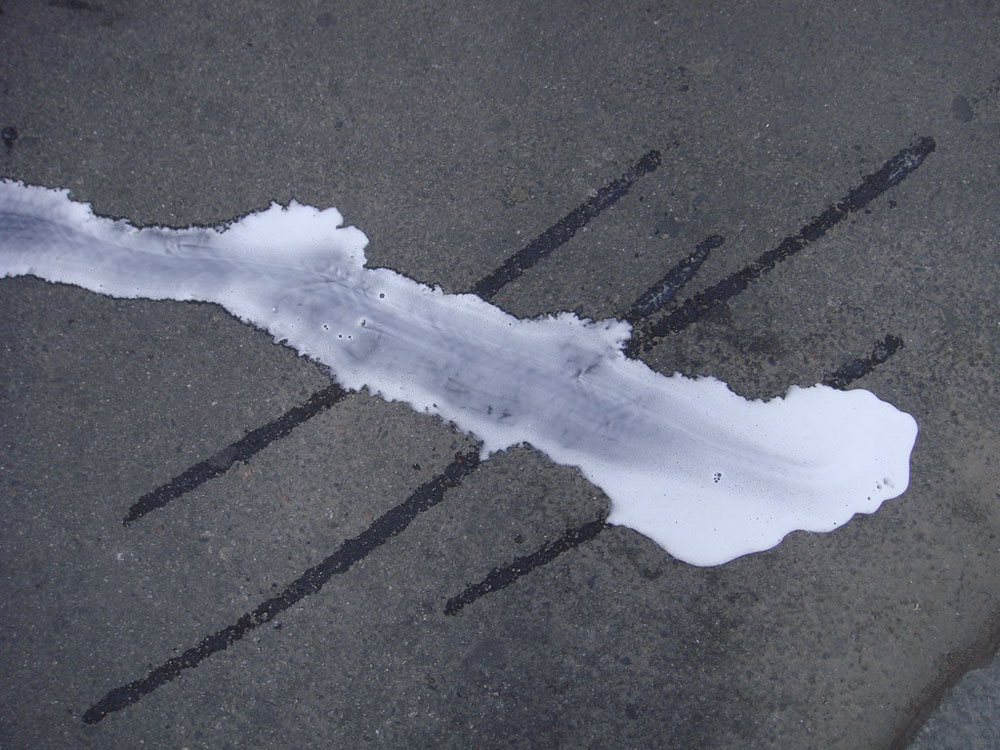
September 4, 2019; Milwaukee Journal Sentinel
All over this country, newspapers know that stories of high nonprofit CEO salaries are sure to be read. That’s because of people’s expectation that unlike for-profits, nonprofits don’t pay at obviously exorbitant levels. What “exorbitant” means, however, differs from community to community and household to household. It is subjective, relative to other factors—which may include internal wage ratios, wages at similar organizations, and the wages of others in the community. In this case, the wages in question are being measured against those of the constituents represented by the organization, Dairy Management Inc. (DMI).
A report in the Milwaukee Journal Sentinel reviewed the records of this organization, which is charged with promoting the dairy industry, encouraging people to drink milk, and conducting research into milk and milk production. This dairy checkoff organization was established in 1995 as a 501c6 business league. In other words, it is organized as something of a chamber of commerce, promoting the dairy industry in America. (The source is from Wisconsin, which calls itself America’s Dairyland.)
We should stop here to remind you that the dairy industry by all accounts is struggling mightily. It is estimated that over the past decade, nearly 20,000 dairy farms have closed. In 2017, 1,600 closed nationally, and 503 in Wisconsin alone. It is in this context that we view the compensation of DMI’s CEO, Thomas Gallagher. Gallagher was listed on the organization’s 2016 Form 990 as receiving in excess of $1 million in total compensation. Two other executive staff members received more than $750,000. In fact, a total of eight staffers were listed on the IRS Form 990 with combined earnings in excess of $5.1 million. According to the report, a year later, in 2017, the top 10 executives earned more than $8 million, combined. That could certainly be seen as a lot of money for promoting an industry that is failing badly.
A “checkoff program“ promotes a particular agricultural industry, in this case the dairy industry. Traditionally, this type of program was supported on a voluntary basis, with producers checking off a box if they wished to contribute. Later, as these programs became mandatory, the name stuck. Producers are required to pay a certain amount into the program based on how much they produce. In the dairy industry, it is 15¢ for every 100 pounds of milk sold, which amounts to 80¢ per $100. This is considerably higher than the rate for pork producers (40¢ per $100) or beef (7¢ for every $100).
Sign up for our free newsletters
Subscribe to NPQ's newsletters to have our top stories delivered directly to your inbox.
By signing up, you agree to our privacy policy and terms of use, and to receive messages from NPQ and our partners.
Not long ago, reports from a Colorado newspaper indicated that the USDA (US Department of Agriculture), which oversees the checkoff programs, had come under fire when they refused to release reports on DMI’s income and expenses. These reports are to be filed with Congress annually, and therefore would be subject to the Freedom of Information Act (FOIA). The reason given for the denial is that the reports had not been prepared for five years at least. That would have been under former USDA Secretary Tom Vilsack; Vilsack now works at DMI and is one of the executives listed on the organization’s Form 990.
Not entirely coincidentally, it was in 2017 that a dozen agricultural industry groups asked Congress to declare the checkoff programs exempt from the FOIA, saying they were not government agencies, being funded solely from private sources. A dozen years earlier, the US Supreme Court, prodded by the same industry groups, agreed that the checkoff programs were “government speech” because they were funded through a sort of tax that was mandated by the government. Therefore, the Court ruled that farmers could not opt out of making their payments. In short, when it benefits the checkoff programs, they prefer to be considered public, but when it does not they prefer to be considered private.
Milk consumption has been decreasing steadily for many years. Once the nation’s top selling drink, it was surpassed by soda in the 1970s and by water in 2017. All during this time, prices have dropped, profitability margins have become increasingly tight and, recently, trade war tariffs have slowed demand for US-produced milk overseas.
It seems that dairy farmers would be justified asking why the highly paid executives of DMI have been so unsuccessful in promoting the product or lobbying for legislation that would help milk producers all these years. Nice job, DMI. Got milk?—Rob Meiksins













